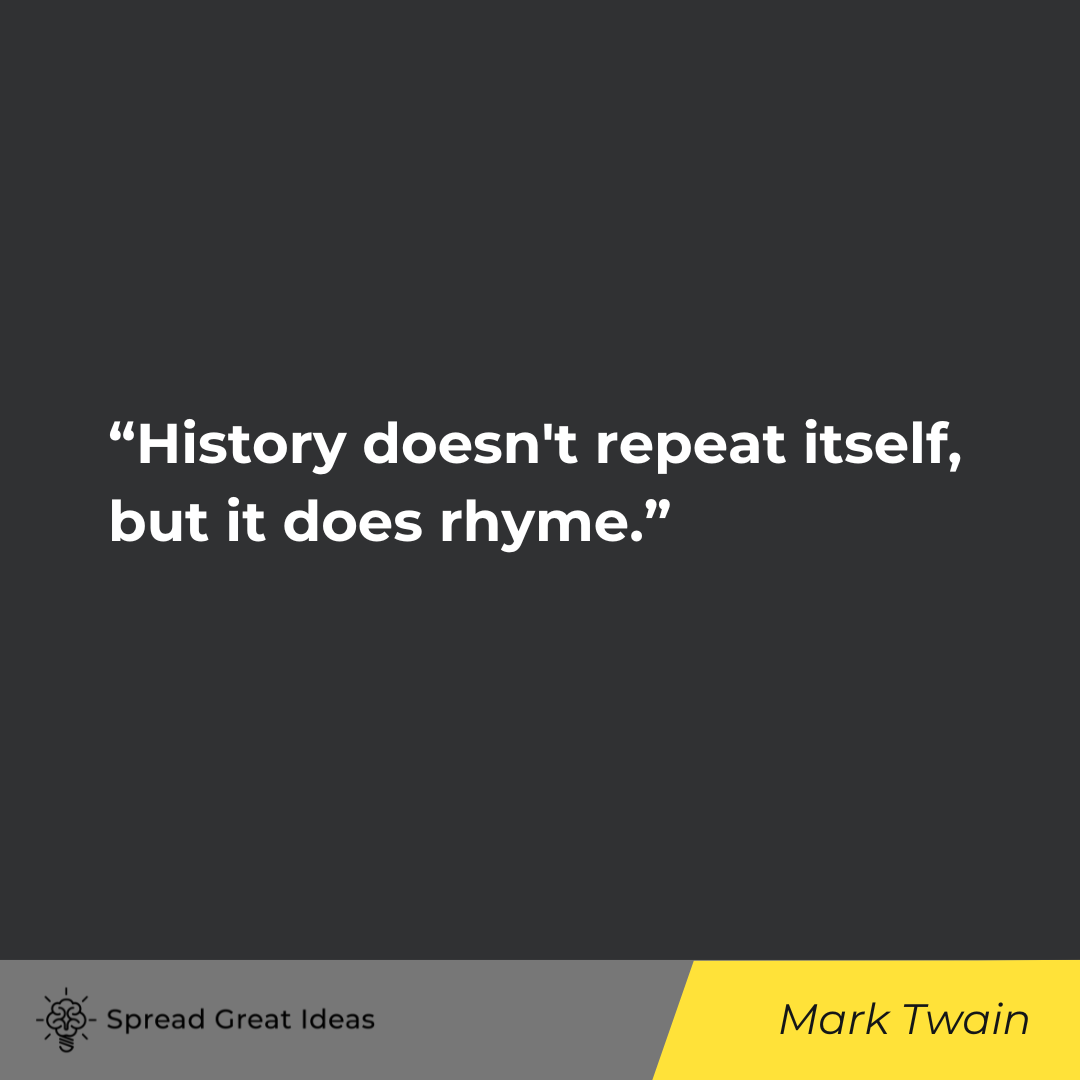Table of Contents
It is an oft-stated cliche that those who do not learn from history are doomed to repeat it — a cliche, yes, but a true one. A study of history allows one a certain perspective over the times in which they live. And while it doesn’t provide predictive powers for the future, it does offer some insight into how things might go a little further down the line.
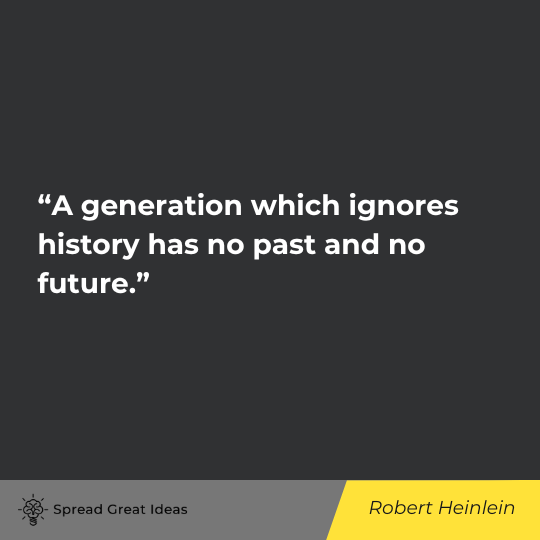
What’s more, the past is so different from today that it can offer meaningful insights into how arbitrary our own way of life is in the present. The past, as they say, is a different country. For those who cannot see different customs through travel can get a similar education by learning about the past and how differently things were done then.
In addition to studying history, it is important to learn from our own personal past. Forgiving is important—forgetting is not. Remembering and reflecting upon our own past is crucial for those who wish to make more of themselves. The past provides a wealth of knowledge about ourselves if only we can face it fearlessly. We can see what works, what doesn’t, and perhaps most importantly, how far we have come to get to where we are today.
The following quotes underscore how important the history of the world and the history of our own lives are, as well as how we can best learn from both.
The Importance of Learning from History
“A generation which ignores history has no past and no future.”
“History doesn’t repeat itself, but it does rhyme.”
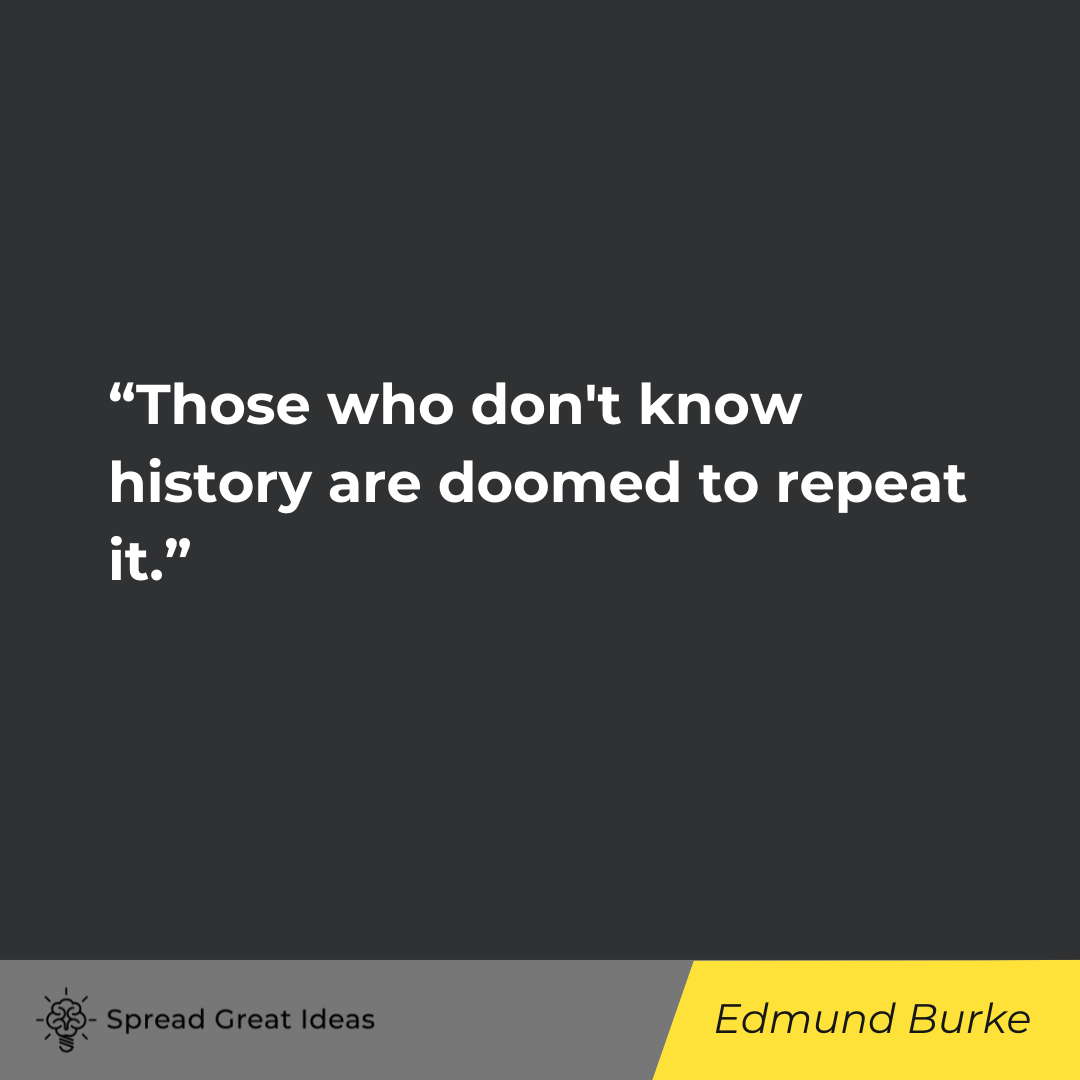
“Those who don’t know history are doomed to repeat it.”
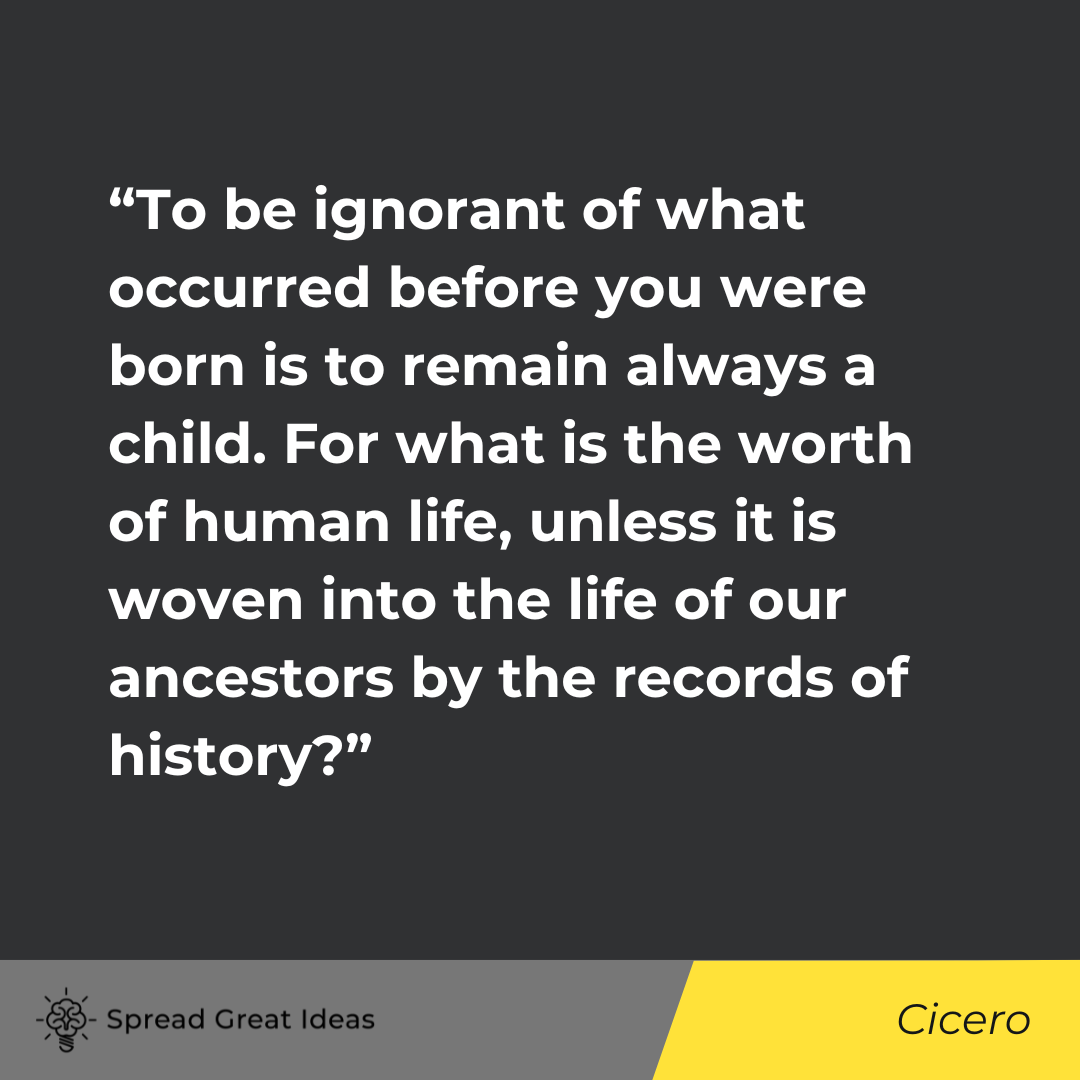
“To be ignorant of what occurred before you were born is to remain always a child. For what is the worth of human life, unless it is woven into the life of our ancestors by the records of history?”

“Study the past if you would define the future.”
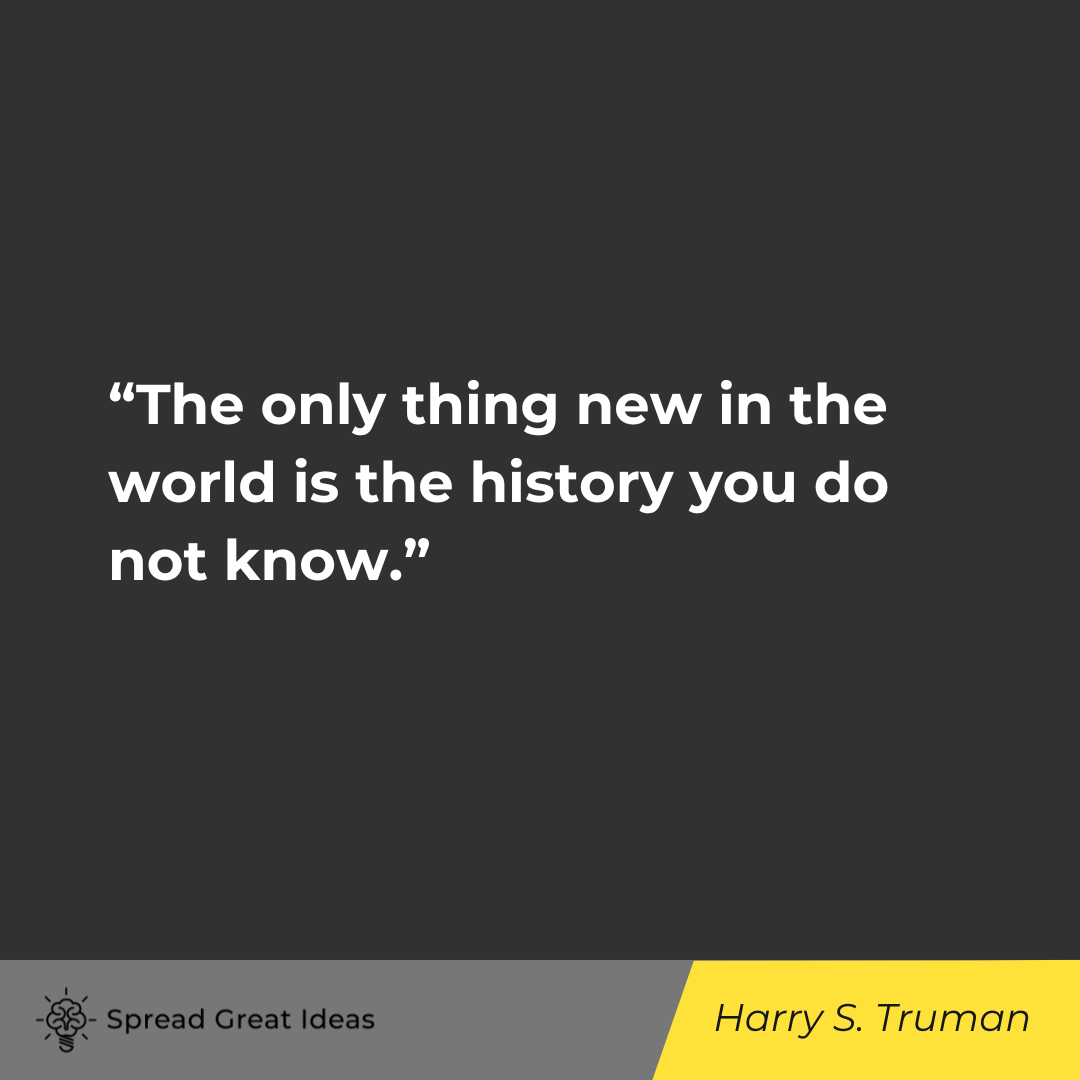
“The only thing new in the world is the history you do not know.”
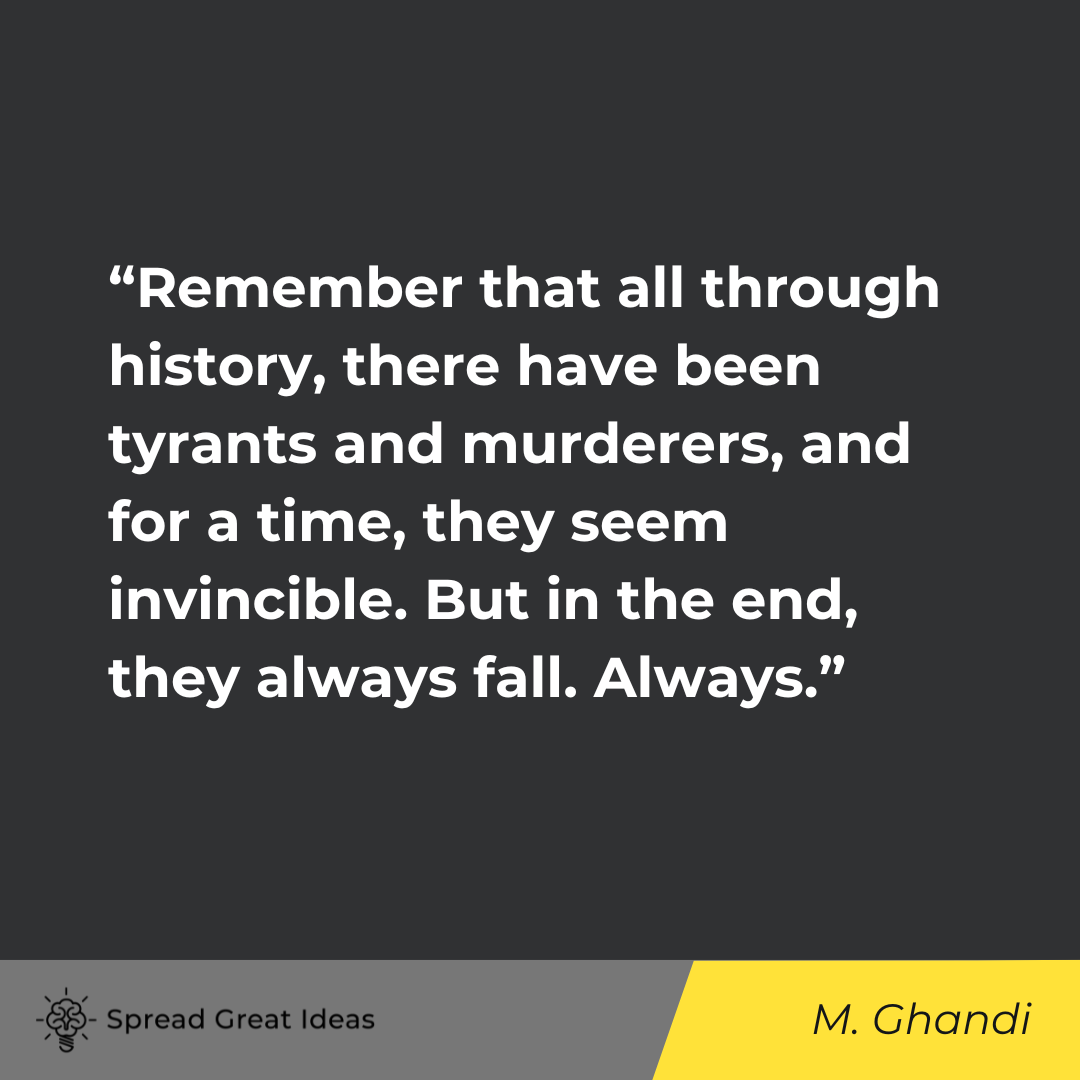
“Remember that all through history, there have been tyrants and murderers, and for a time, they seem invincible. But in the end, they always fall. Always.”
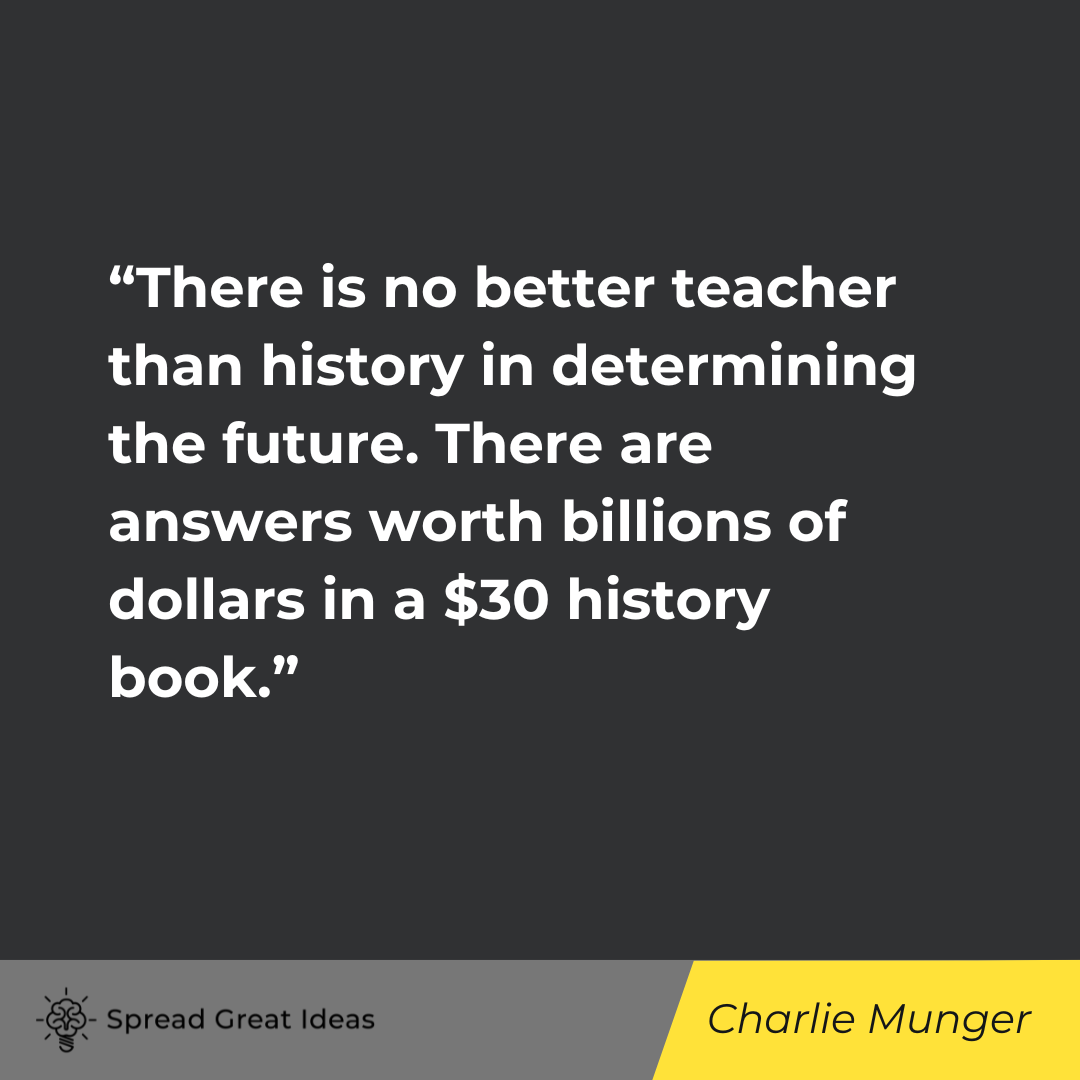
“There is no better teacher than history in determining the future. There are answers worth billions of dollars in a $30 history book.”
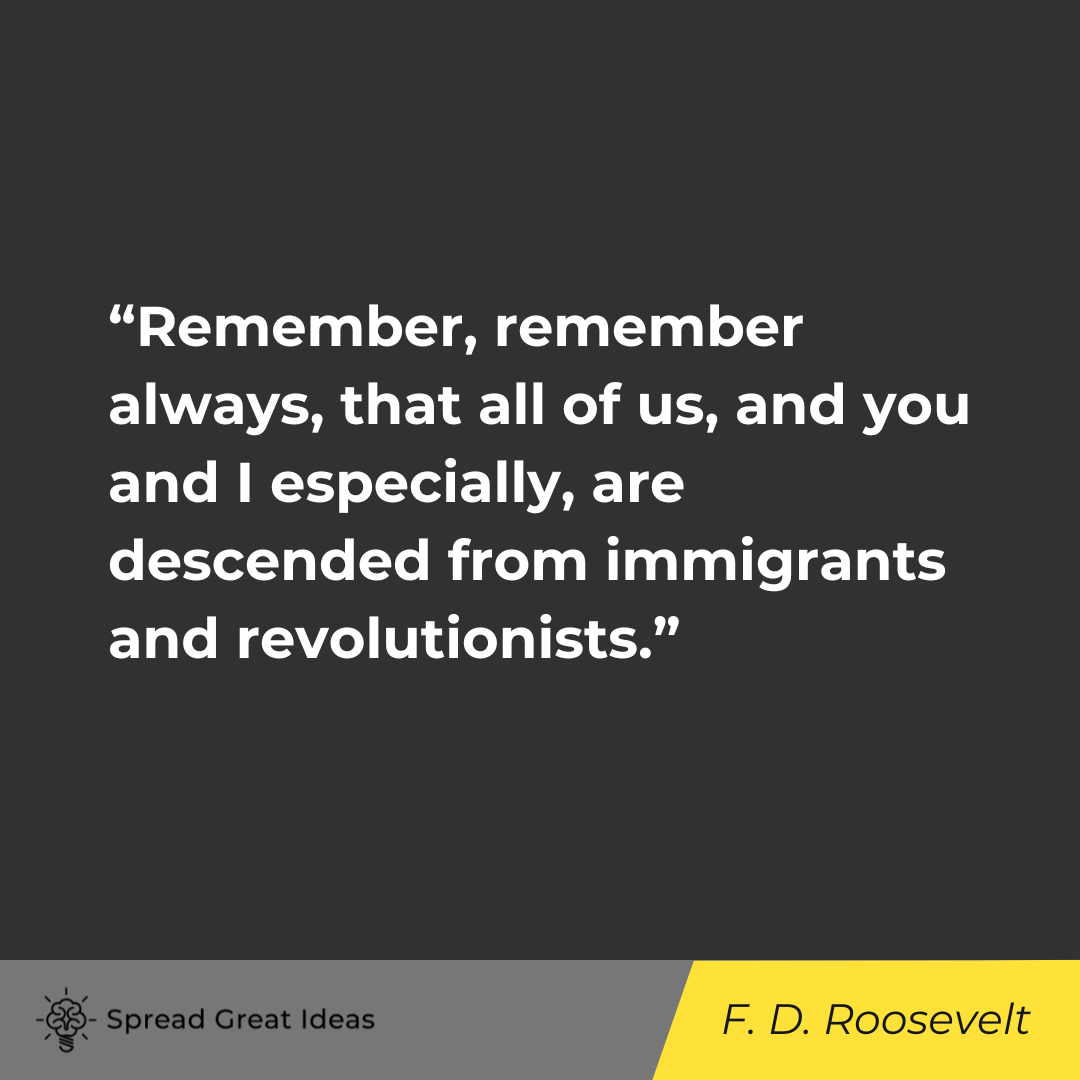
“Remember, remember always, that all of us, and you and I especially, are descended from immigrants and revolutionists.”
The Cyclical Nature of History and Its Lessons
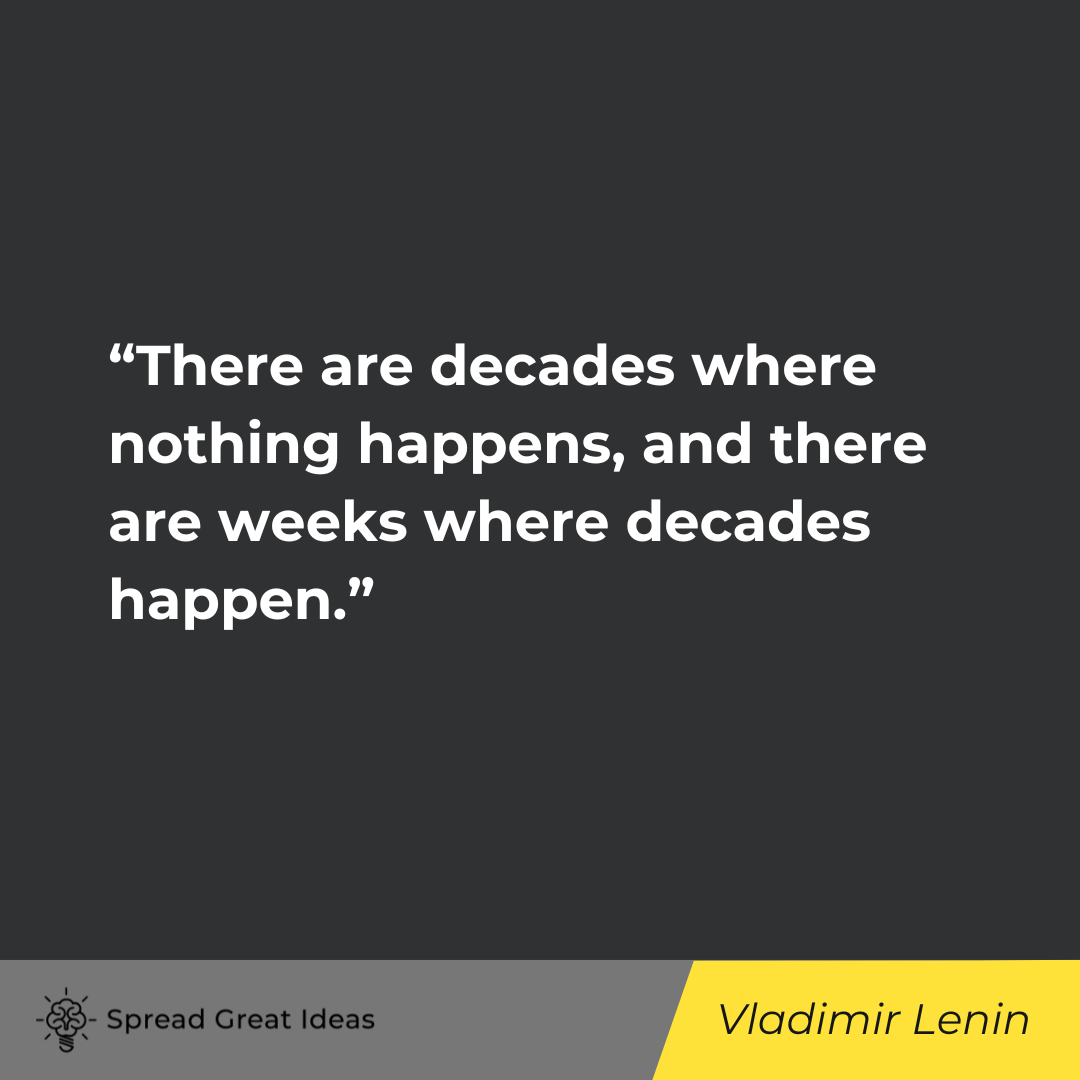
“There are decades where nothing happens, and there are weeks where decades happen.”
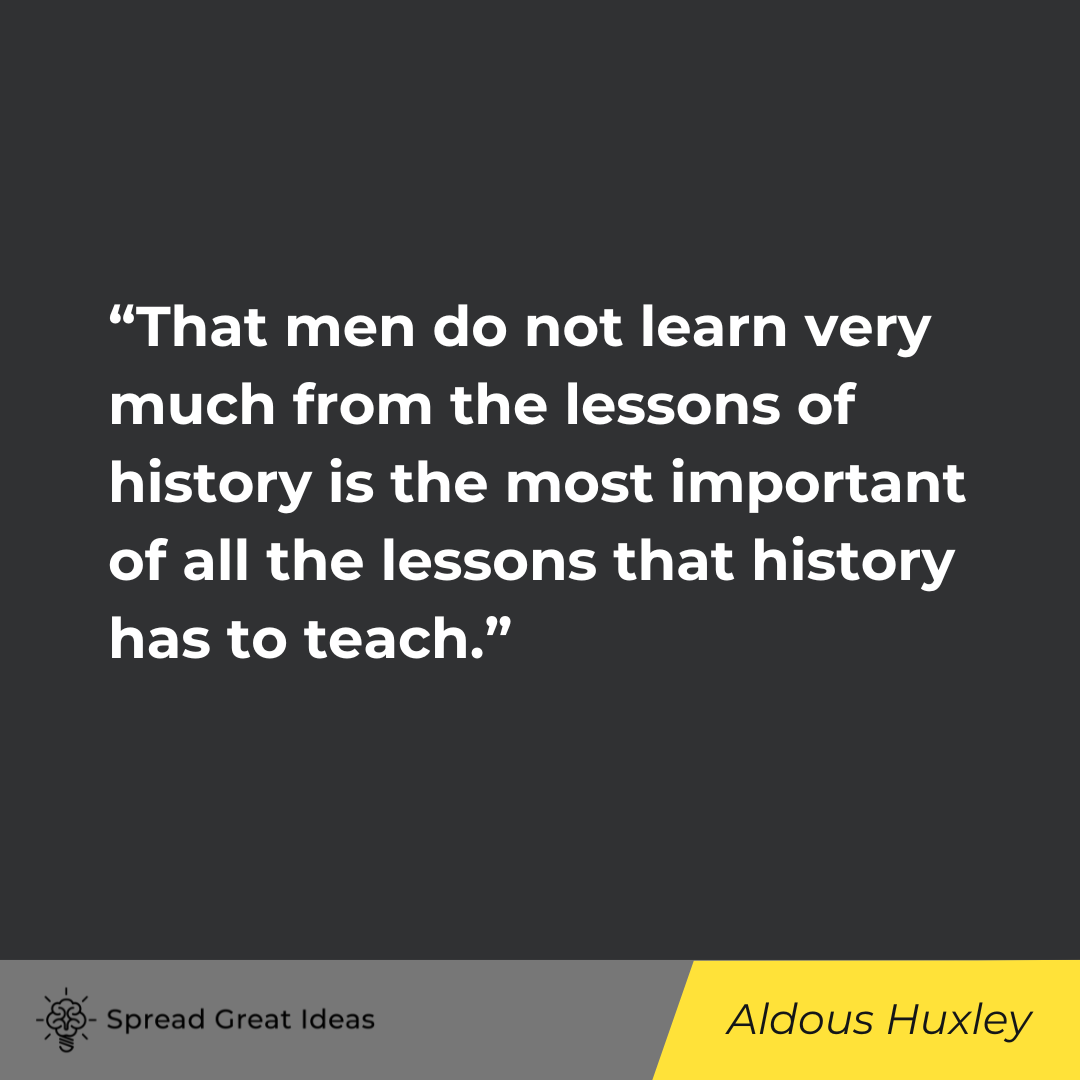
“That men do not learn very much from the lessons of history is the most important of all the lessons that history has to teach.”
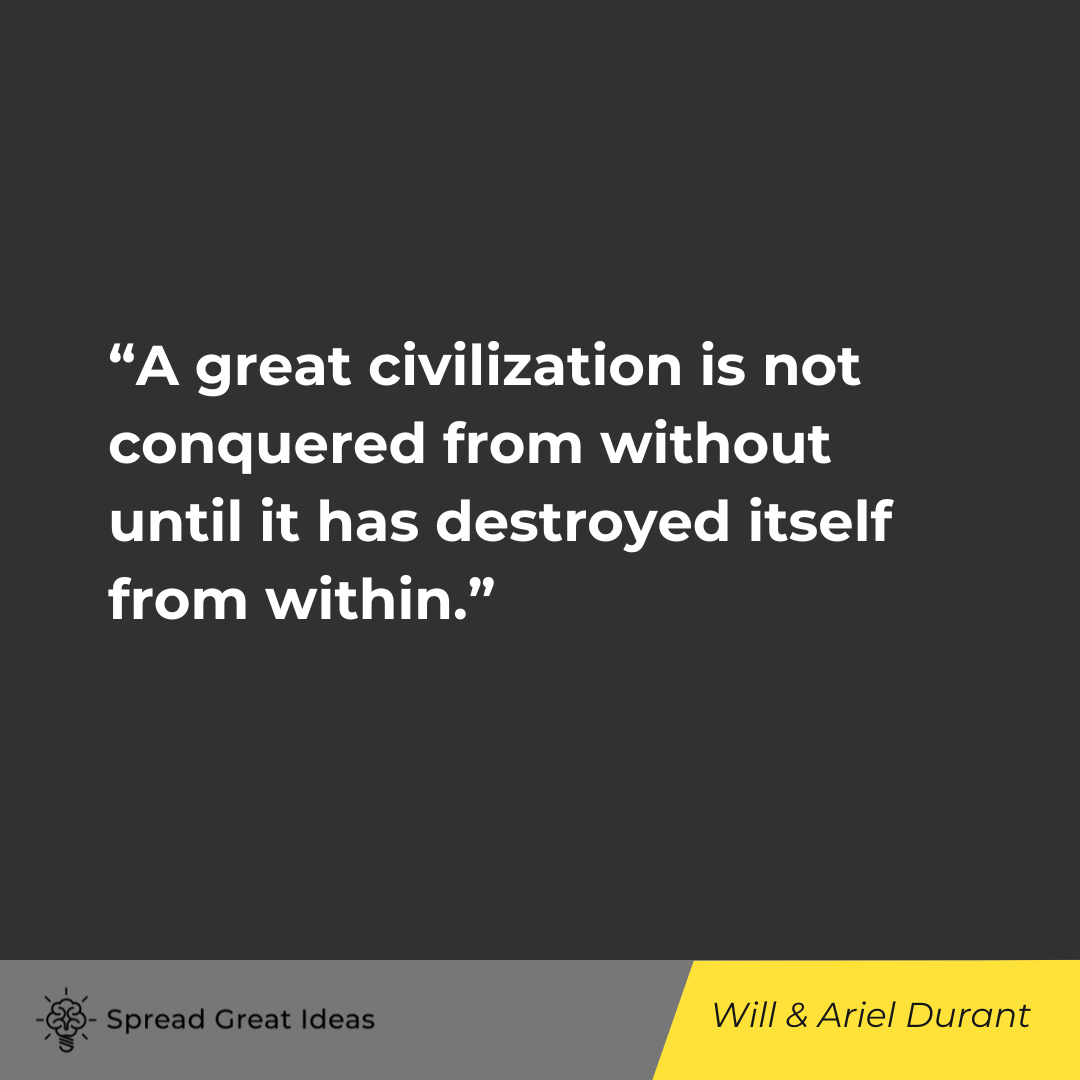
“A great civilization is not conquered from without until it has destroyed itself from within.”
– Will & Ariel Durant, “Epilogue – Why Rome Fell”, Caesar and Christ: The Story of Civilization, Volume III

“Civilizations die from suicide, not by murder.”
– Arnold Toynbee, Study of History
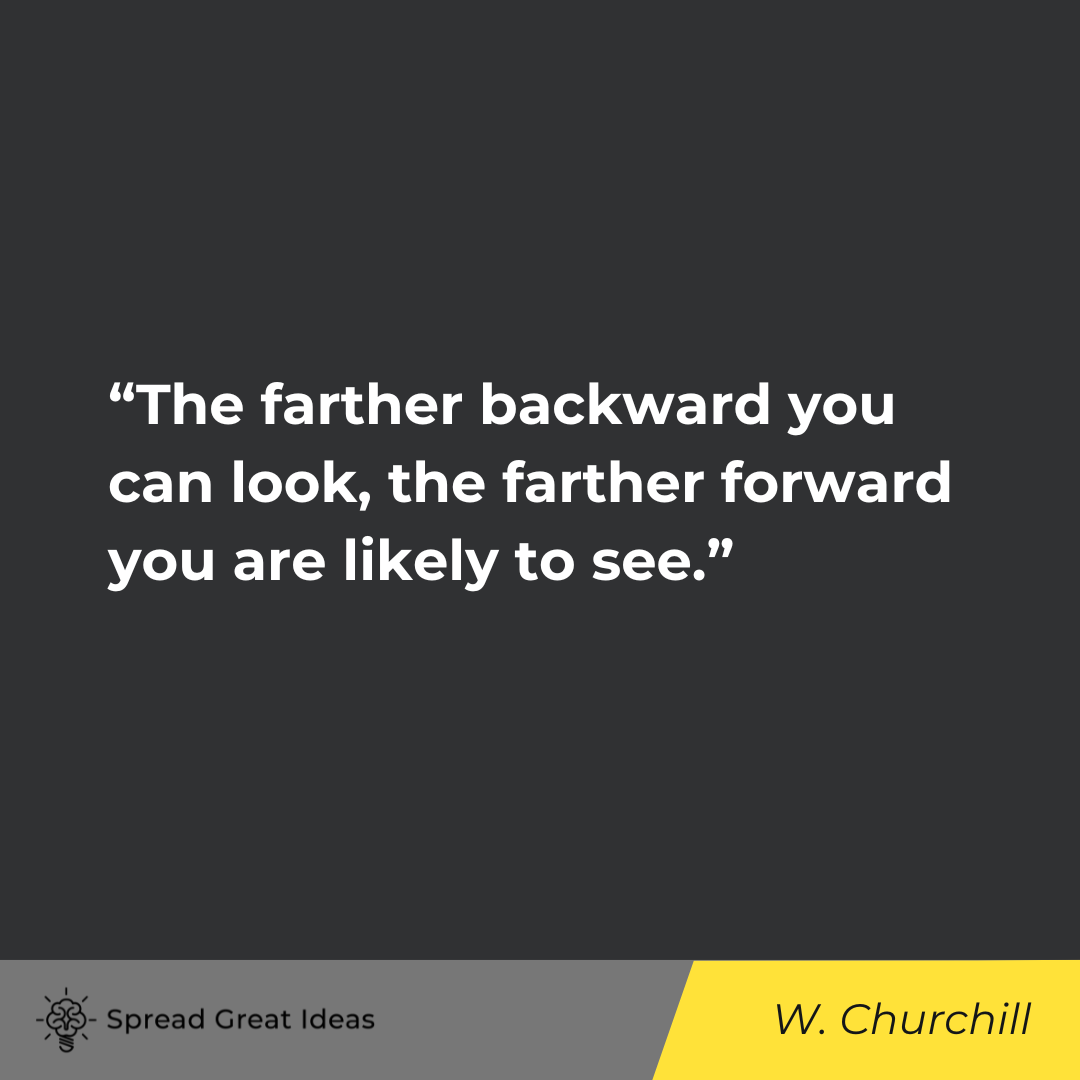
“The farther backward you can look, the farther forward you are likely to see.”
“History is a vast early warning system.”
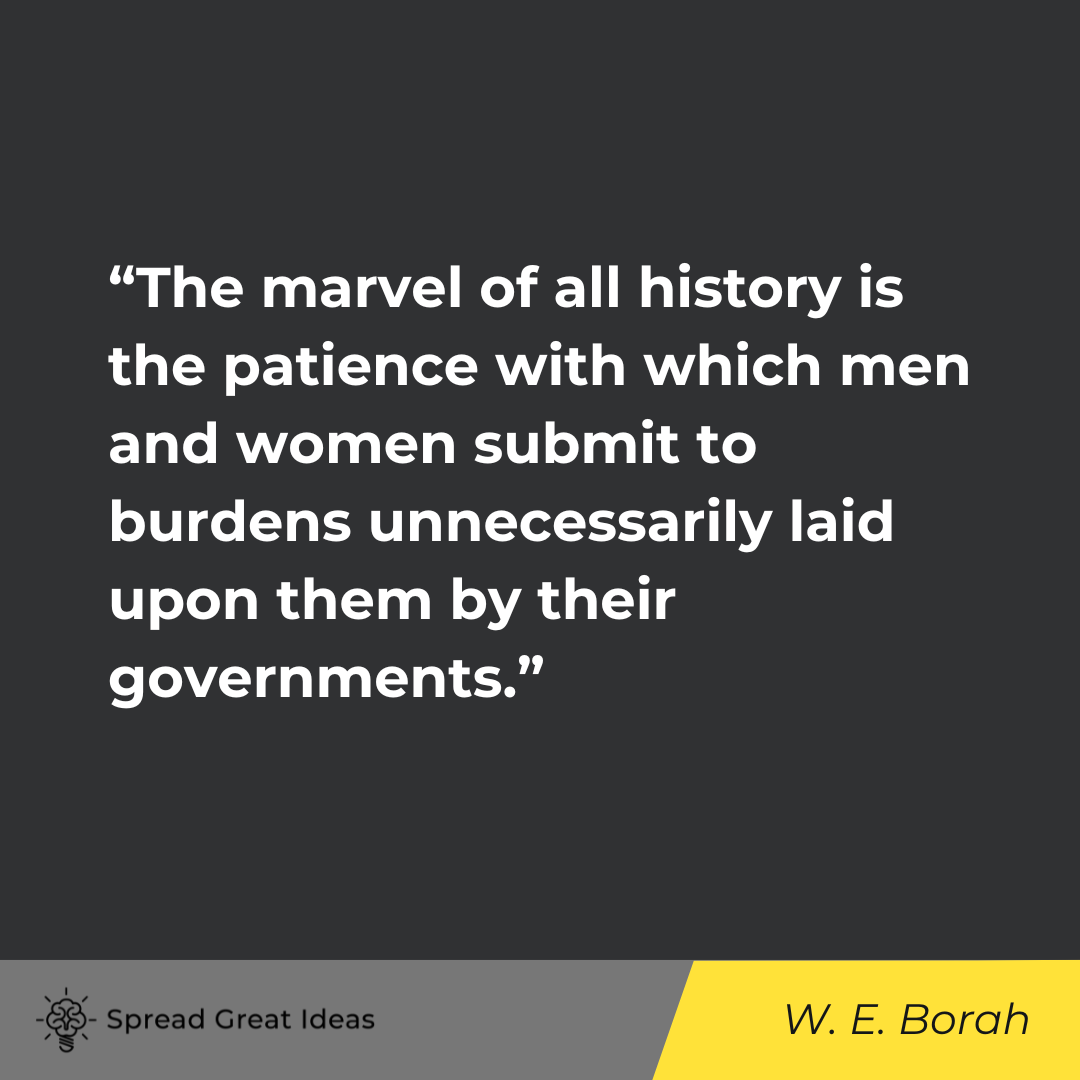
“The marvel of all history is the patience with which men and women submit to burdens unnecessarily laid upon them by their governments.”
– U.S. Senator William Edgar Borah
“Power tends to corrupt, and absolute power corrupts absolutely. Great men are almost always bad men.”
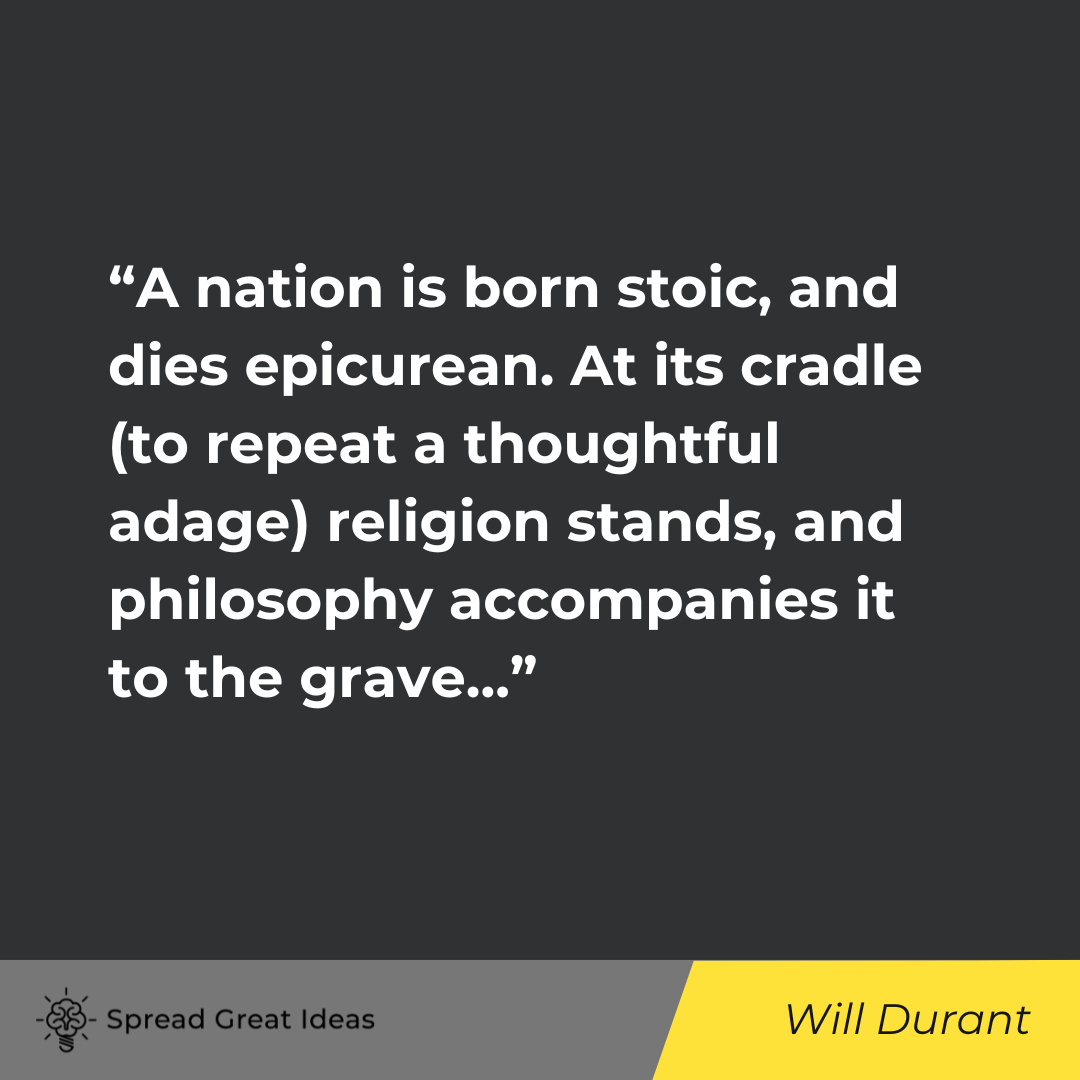
“A nation is born stoic, and dies epicurean. At its cradle (to repeat a thoughtful adage) religion stands, and philosophy accompanies it to the grave. In the beginning of all cultures a strong religious faith conceals and softens the nature of things, and gives men courage to bear pain and hardship patiently; at every step the gods are with them, and will not let them perish, until they do. Even then a firm faith will explain that it was the sins of the people that turned their gods to an avenging wrath; evil does not destroy faith, but strengthens it. If victory comes, if war is forgotten in security and peace, then wealth grows; the life of the body gives way, in the dominant classes, to the life of the senses and the mind; toil and suffering are replaced by pleasure and ease; science weakens faith even while thought and comfort weaken virility and fortitude. At last men begin to doubt the gods; they mourn the tragedy of knowledge, and seek refuge in every passing delight. Achilles is at the beginning, Epicurus at the end. After David comes Job, and after Job, Ecclesiastes.”
– Will Durant, Our Oriental Heritage: The Story of Civilization
History as a Tool for Growth and Governance
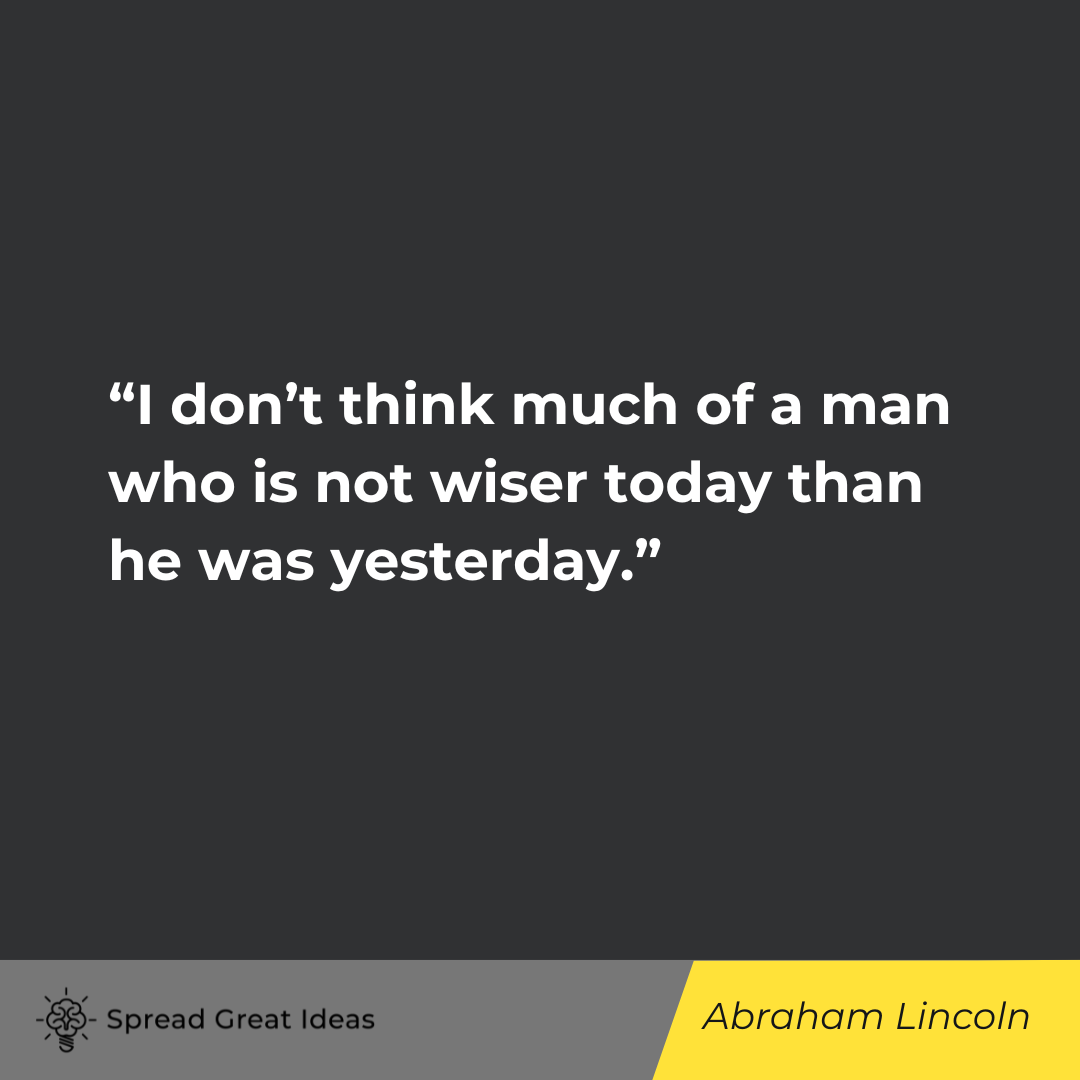
“I don’t think much of a man who is not wiser today than he was yesterday.”
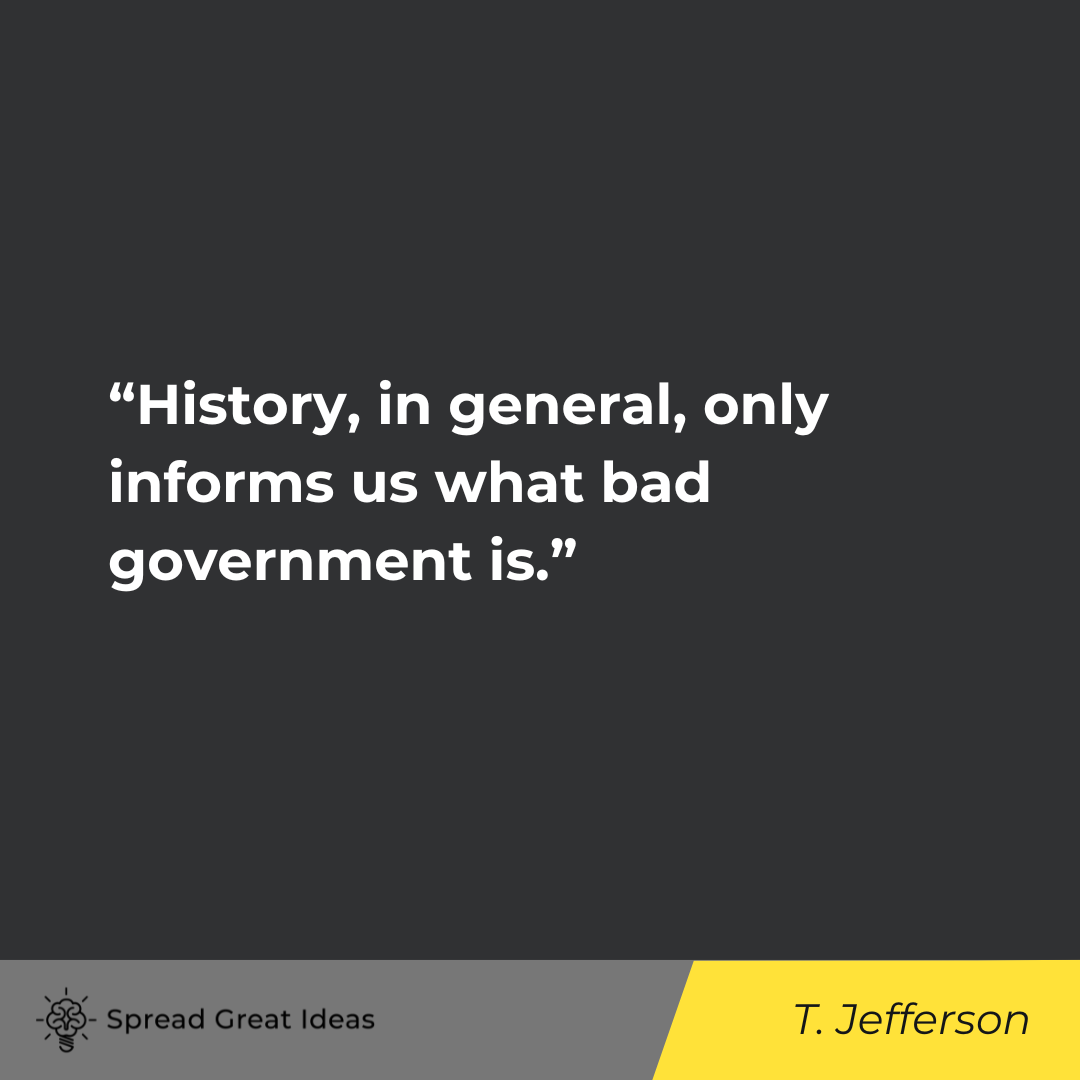
“History, in general, only informs us what bad government is.”
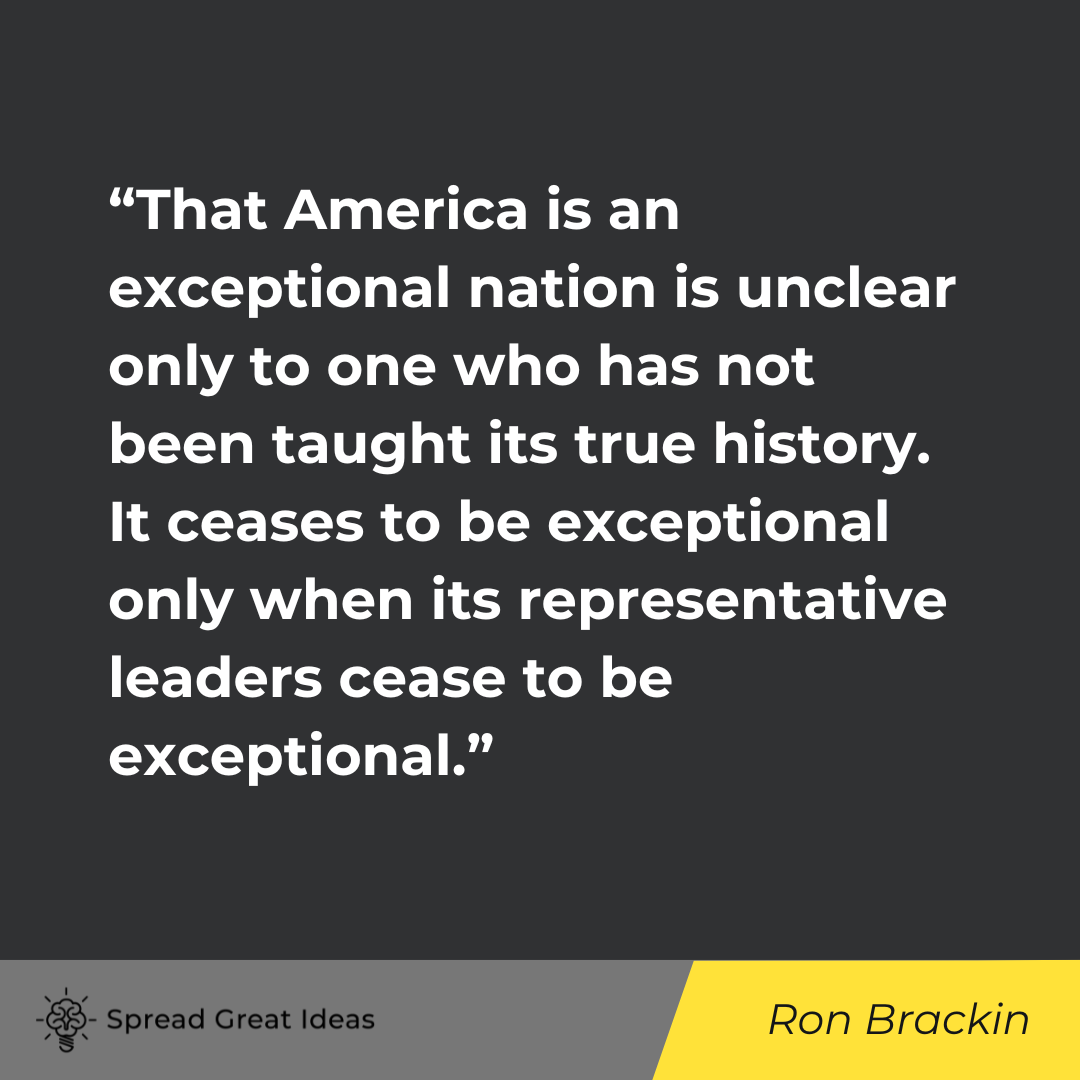
“That America is an exceptional nation is unclear only to one who has not been taught its true history. It ceases to be exceptional only when its representative leaders cease to be exceptional. America, it has been said, is a nation of laws, not of men. The more it becomes a nation of men, the less it remains America.”
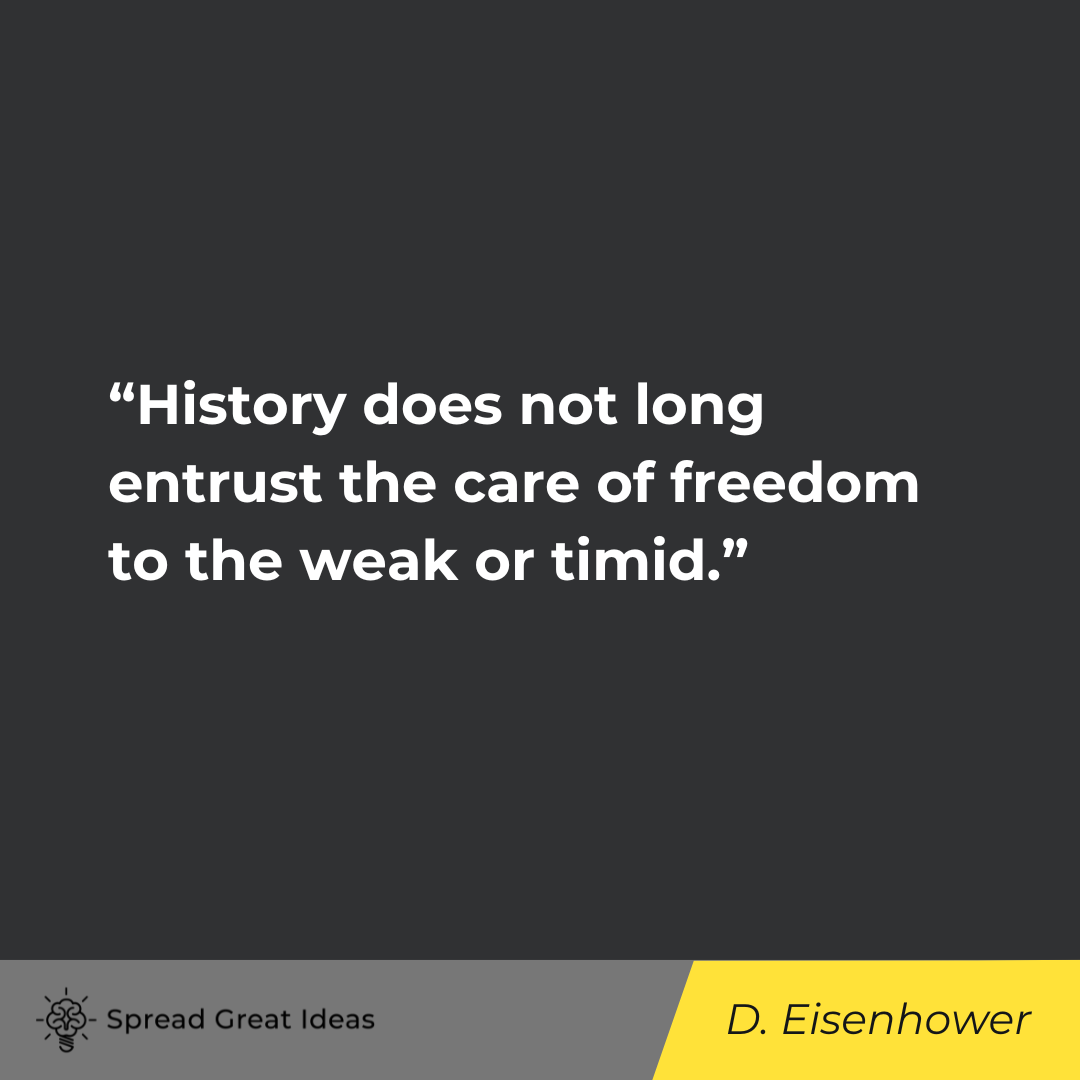
“History does not long entrust the care of freedom to the weak or timid.”
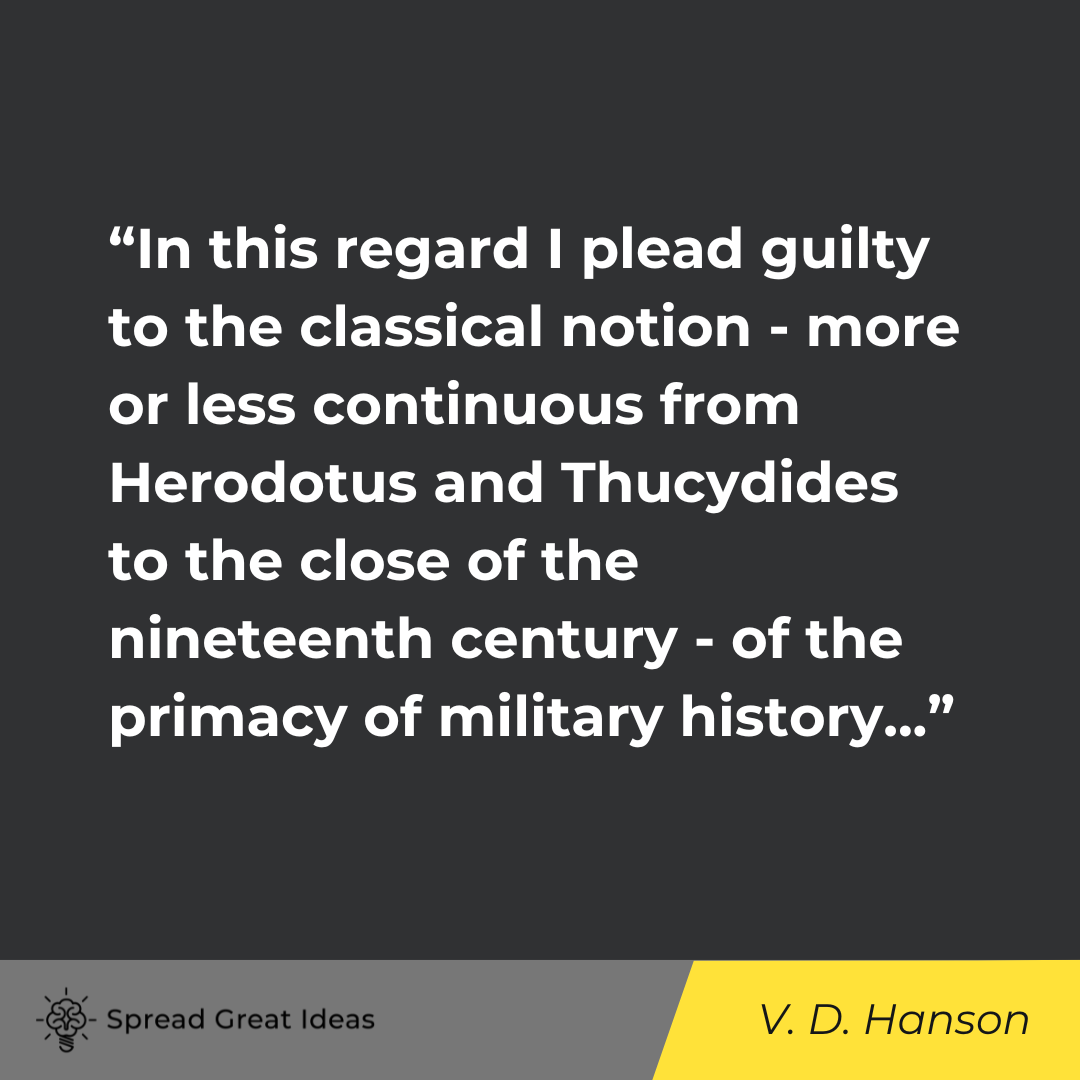
“In this regard I plead guilty to the classical notion – more or less continuous from Herodotus and Thucydides to the close of the nineteenth century – of the primacy of military history. In theory, of course, all events have equal historical importance – the creation of a women’s school in nineteenth-century America, the introduction of the stirrup, the domestication of the chicken, or the introduction of the necktie. And such social or cultural developments, whether they are dramatic or piecemeal, do on occasion change the lives of millions. Yet in reality, all actions are still not so equal. We perhaps need to recall the more traditional definitions of the craft of history – a formal record of past events that are notable or worthy of remembrance. Whereas I Love Lucy might have transformed the way thousands of Americans in the 1950s and 1960s saw suburban life, women’s roles, or Cubans, it still did not alter the United States in the manner of a Yorktown, Gettysburg, or Tet – in creating, preserving, or almost losing an entire society. It was an event of the past, but not necessarily either notable or worthy of remembrance or commemoration.”
– Victor Davis Hanson, Ripples of Battle
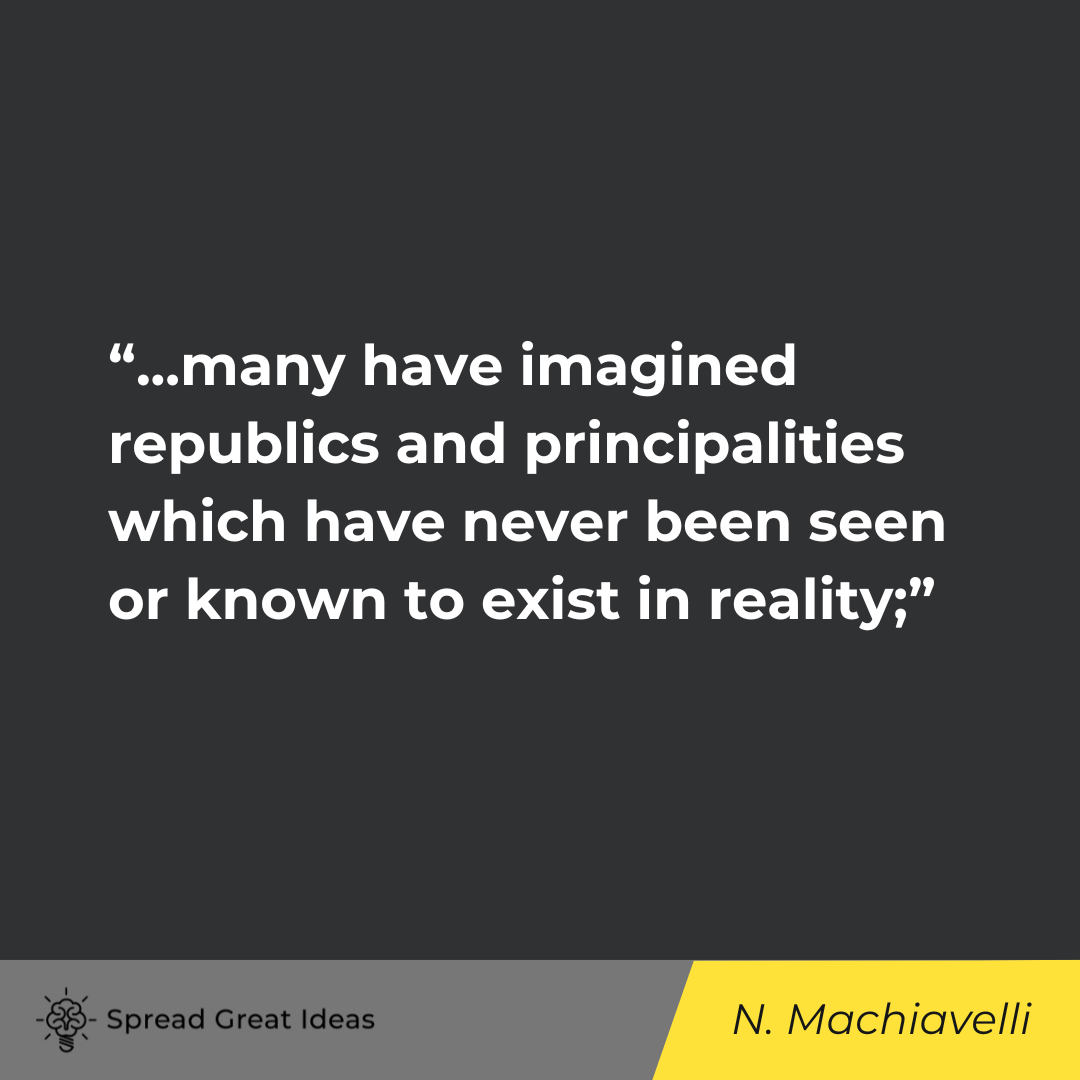
“…many have imagined republics and principalities which have never been seen or known to exist in reality; for how we live is so far removed from how we ought to live, that he who abandons what is done for what ought to be done, will rather bring about his own ruin than his preservation.”
For more insights and inspirational quotes, explore our other quote collections.
